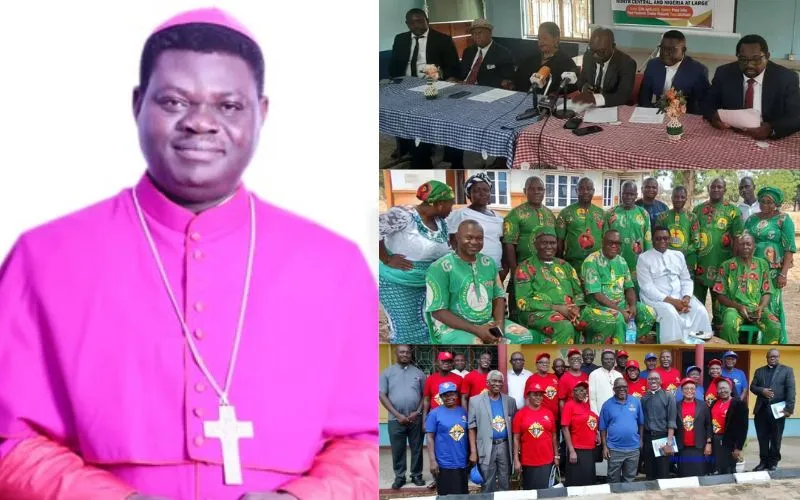CNA Staff, 01 November, 2024 / 1:45 pm (ACI Africa).
The Vatican has clarified that Catholics in the United States must still attend Mass on holy days of obligation even when they are transferred to Mondays or Saturdays, correcting a long-standing practice in the U.S. Church.
In its complementary norms, the U.S. Conference of Catholic Bishops (USCCB) stipulates that when certain feast days fall on a Saturday or Monday, the obligation to attend Mass on that day is “abrogated.”
Dec. 8 is typically a holy day of obligation celebrating the solemnity of the Immaculate Conception, but this year the feast day lands on a Sunday in Advent. As a result, the USCCB transferred it to Monday, Dec. 9, according to the 2024 USCCB liturgical calendar.
In its complementary norms the USCCB does not list the Immaculate Conception as a solemnity to which the abrogation normally applies. Nevertheless, the bishops’ calendar this year stated that “the obligation to attend Mass … does not transfer” to Monday, Dec. 9.
Yet the Vatican’s Dicastery for Legislative Texts, in a Sept. 4 letter to Springfield, Illinois, Bishop Thomas Paprocki, stated that all of the feasts in question “are always days of obligation … even when the aforementioned transfer of the feast occurs.”








